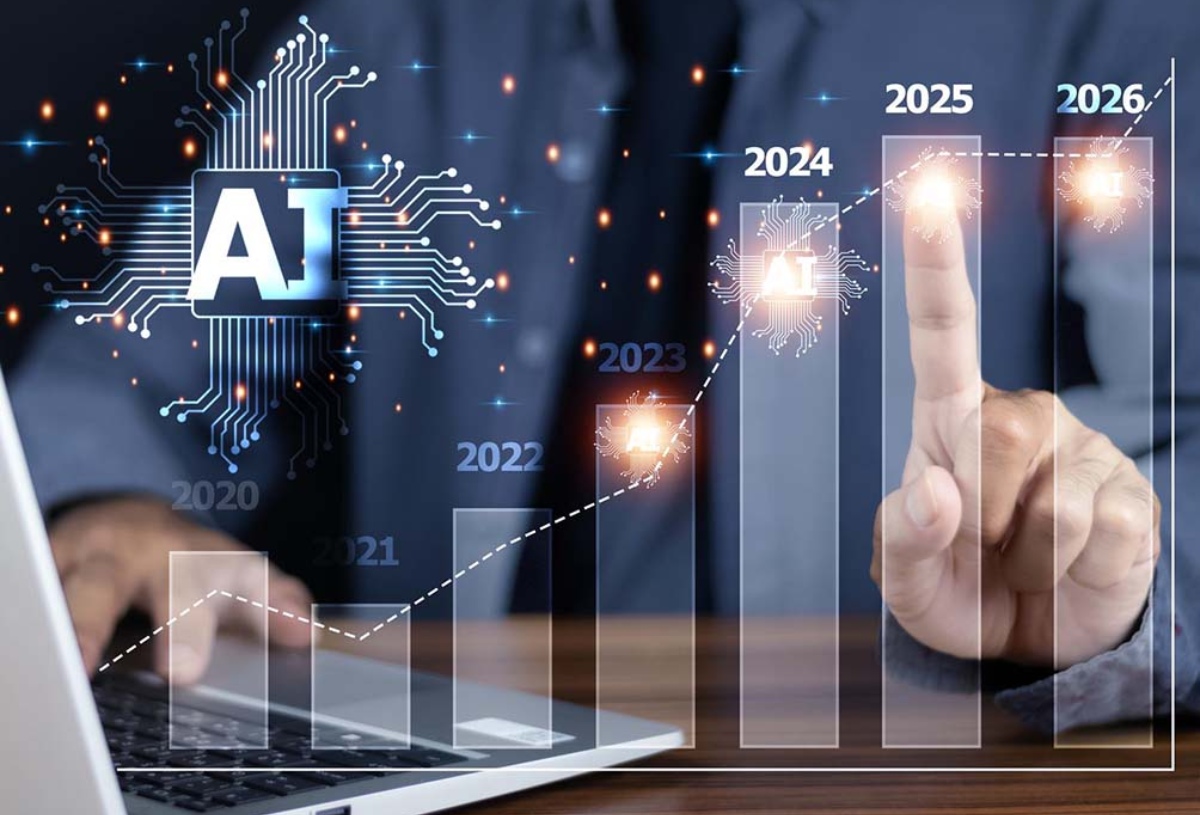Artificial Intelligence (AI) is changing the world around us. From virtual assistants like Siri and Alexa to self-driving cars, Artificial Intelligence (AI) is no longer just a futuristic idea. It’s a component of our everyday lives. But what exactly is Artificial Intelligence 101, and how does it work? In this guide, we’ll break down the fundamentals of Artificial Intelligence (AI), its various applications, and its impact on different industries.
What is Artificial Intelligence 101?
Artificial Intelligence 101 simulates human intelligence in devices that can perform tasks requiring problem-solving, learning, and decision-making. AI systems process large amounts of data, recognize patterns, and make predictions to optimize various processes.
Key Components of AI
- Machine Learning (ML): Artificial Intelligence (AI) systems learn from data and improve performance without explicit programming.
- Natural Language Processing (NLP): Artificial Intelligence (AI) can understand, interpret, and generate human language.
- Computer Vision: Artificial Intelligence (A)I enables machines to interpret visual data, such as recognizing faces or objects.
- Robotics: Artificial Intelligence AI-powered robots assist in healthcare, manufacturing, and space exploration industries.
- Deep Learning: A subset of ML that simulates the neural webs of the human brain to analyze large datasets and recognize patterns.
Applications of AI in Different Industries
 AI is revolutionizing various sectors, enhancing efficiency, accuracy, and innovation. Here are some key applications:
AI is revolutionizing various sectors, enhancing efficiency, accuracy, and innovation. Here are some key applications:
1. Healthcare
- AI-driven diagnostic tools assist doctors in detecting diseases like cancer and Alzheimer’s.
- Wearable health devices use AI to track vital signs and suggest lifestyle changes.
- AI-based drug discovery accelerates the development of new medications and vaccines.
2. Finance
- AI-powered chatbots handle customer inquiries and provide financial advice.
- Fraud detection algorithms identify suspicious transactions in real-time.
- Automated trading systems analyze market trends and execute trades faster than humans.
3. Retail & E-commerce
- Personalized shopping suggestions founded on browsing and purchase history.
- AI chatbots offer instant customer support and assistance.
- Inventory management systems use AI to predict demand and optimize stock levels.
4. Automotive
- Self-driving technology uses AI to navigate roads safely.
- AI optimizes traffic flow and reduces congestion.
- Predictive maintenance alerts vehicle owners about potential mechanical failures before they happen.
5. Education
- Artificial Intelligence -powered tutoring systems provide personalized learning experiences.
- Automated grading tools reduce the workload for teachers.
- AI chatbots assist students by answering queries and providing study materials.
6. Gaming & Web Technologies
- AI enhances game realism by creating intelligent, adaptable NPCs.
- AI-driven content recommendation engines improve user experience on websites and platforms.
- AI-powered cybersecurity methods detect and contain cyber threats in real-time.
The Evolving Role of AI: Advancements, Ethics, and Global Impact
- Technological Advancements: Artificial Intelligence (AI) will continue evolving with innovations in quantum computing, ethical AI, and advanced automation.
- Business and Individual Adaptation: Staying informed and adapting to AI advancements is crucial for competitiveness in the digital age.
- Integration into Daily Life: AI will enhance efficiency in smart home devices, transportation networks, and other everyday applications.
- Ethical Considerations: Issues like AI bias and job automation will remain essential topics of discussion as AI technology advances.
- Climate Change Solutions: AI will optimize energy use, predict extreme weather patterns, and help industries reduce carbon footprints.
- Space Exploration: AI-driven robots will significantly participate in planetary research and data collection.
- AI in Healthcare: Advanced AI algorithms will improve disease diagnosis, drug discovery, and personalized treatment plans.
- Cybersecurity Enhancements: AI will strengthen cybersecurity by detecting and preventing threats in real-time.
- Education and Learning: AI-powered tutoring systems and adaptive learning platforms will personalize education for students.
- AI in Creative Industries: AI will revolutionize content creation, from music and art to writing and digital design
Conclusion
AI is not just a technological trend. It’s a revolution shaping our world. From healthcare to gaming, AI is driving innovation and improving lives. As Artificial Intelligence 101 advances, embracing its potential can lead to greater efficiency, enhanced experiences, and more innovative solutions.














